Exclusive | For us digital is not something new: BBC's Sunita Rajan
SunitaRajan is a part of the BBC Worldwide’s Senior Management team with an Asia-wide remit overseeing all advertising activity across BBC Worldwide commercial businesses on multiple platforms. She joined BBC World News in 1999 as Regional Director, Advertising Sales, and Asia. In 2007, Sunita was appointed as Vice President, Sales – Asia and Australasia for BBC Global Channels. In 2011, she was promoted to Senior Vice President of BBC Advertising; the bespoke internal sales house for all wholly owned and operated BBC assets with a responsibility that stretches across Asia including India.
Sunita was a speaker at adtech enlightening the audience on the topic of Revenue at the Speed of User Adoption. We spoke to Sunita Rajan to know more about her work and BBC’s plans ahead. She had the following to say to us.
“I manage all the markets from Australia to India which is an interesting mix of geographies of market and economies all operating at different levels of growth. All are different, in terms of news consumption which is our main business. Few months back we organized a research to know how the consumers consumed news media. The research will be a piece of reference in my presentation at adtech.”
Continuing our talk about the research Sunita said, “We wanted to be informed about our platform strategies, and how consumers view advertisings across various platforms and so we commissioned this research.”
Sunita further added that, “BBC comes from a linear television channel space; we were there at the worldwide web, so for us digital is not something new. BBC.com was launched some 20 years ago. We commercialized BBC.com in 2007 for we recognized and realized that across the marketing changes all over the world, people are consuming media, specifically news media on 24x7 bases and they are gathering news through the multiple screens available to them. So today it’s important to be present across multiple screens to make news available to the audiences whether it is through the early morning tv show or the desktop at office or mobile in their hand, news should be available 24X7. These are some of the key highlights of the research and it is something that I will share in my presentation.”
Speaking further on this topic and holding the key question of where the value lies Sunita said, “The value lies in content. Content on various platforms are same, content costs the same but the return that we get from the content in media dollars is different. The Global currency that we use is dollar and the equation shows it is not a sustainable business. The audiences in India and abroad are consuming new media that is mobile, tablets etc and more than 50% of traffic in our bbc.com is coming from mobile devices. The current situation in which media planners and buyers are buying mobiles is not a sustainable business and through my presentation I am going to show that the audiences today do not prescribe a value to either content or advertising, value holds only in the eyes of the media planners and buyers.”
She told us that this is not in particular about BBC’ sales and growth but this is about the entire industry for they all need to change in the growing times when the consumers are showing a changing trend. She further added that they need to reset their heads to understand the changing consumers mind.
While talking to us about BBC’s plan in India, Sunita said, “India continues to be the tier 1 market for BBC worldwide not because of size and the potential of the market but because it has always been an important market for our news businesses. Late November last year, we decided to withdraw our channel business from India which was a difficult decision for us. But BBC’s content would continue to be available to its audience in India. The platform and the mechanic through which the content is revived particularly the entertainment content for which BBC is known for and the programming format in terms of its genre might change and will change. We want to look at digital as an opportunity first and then work on reviving our content, for BBC is definitely not short of content and there are many agencies and broadcasters in India who would like to have our content. “
Talking about alignment in India Sunita said that there is nothing at the moment for their news business is quite strong and it is available now on multiple screens. They are there on television, internet and mobile. “We have content analysis business here in India as well as we sell formats, like we have the show JhalakDikhlaJaa taken from Dancing with the Stars our global brand. We do provide content to international television channels too. In the near future our audience will get to experience our content in India.”
The challenges ahead and Sunita said that India is a fragmented media market and a much commoditized market as well. They always believe d that there is a place and value for BBC content because the market is exposed to a very large percentage of American content from a long time, so they are a complete differentiator with their programmes like Top Gear, Spooks, drama and BBC Earth and others which are a clear differentiator. The real question is of having viable business model that not only satisfies consumers but also satisfies return on business. This is a challenge and that’s going to continue as a challenge because it’s a scalable business and you are going to be in the market for a long term.
On speaking about the opportunities, “The opportunities in the Asia Pacific market is very much in the local language content, and BBC does not do many co-productions in the local language in other markets. We export the best of British content, we are best in that and I believe there is still a market for that. The opportunity for us across Asia is to buy things through the digital platform. We have the technology that we own called the Iplayer and we have launched it in some parts of Europe and Australia. It’s the repository of the best of all the BBC content and is yet to be launched in West Asia and India. It’s kind of an archive programming that is never seen. In addition to that business we also have other vibrant channels in the rest of Asia such as BBC Entertainment, BBC Knowledge, and Cbeebies.
On opportunities in the Indian market Sunita said that, “We are going to make use of the digital technology and we are not going to miss that opportunity for I know parents are ready to pay for a channel like Cbeebies which is educational and non-controversial. Moreover we are not Hindi based so we are looking at the top 10% of the urban population and therefore we are very proud of our distribution platform, for the 20 million viewers who are our target audience understand BBC, its content and are ready to pay for it.
What are BBC’s key markets and Sunita said confidently that its China, Japan and India. High growth in China and Japan for export advertising and the India market is both export market as well as a domestic market, and the consumer market in India fits in well with the BBC’s audience that we have in mind. We look at India as a national market but we also focus on India from an international advertising point of view and so bbc.com is a premium website and despite that we do witness a large traffic on it from India. I By Rabab Rupawala [rabab(at)adgully(dot)com]



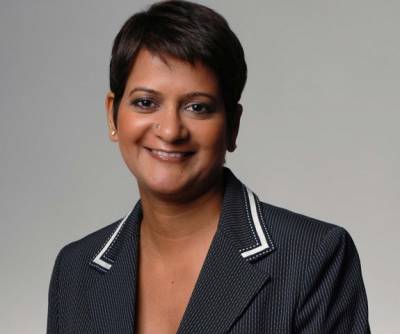

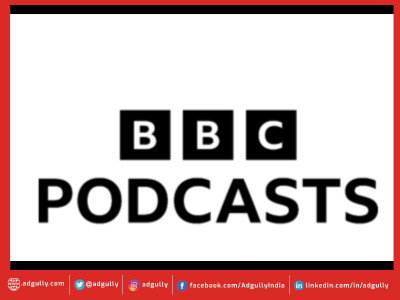
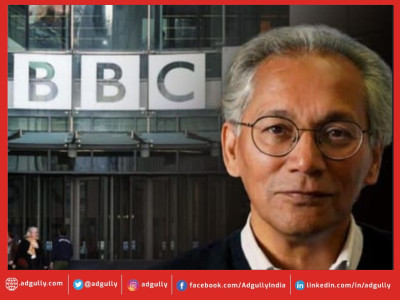

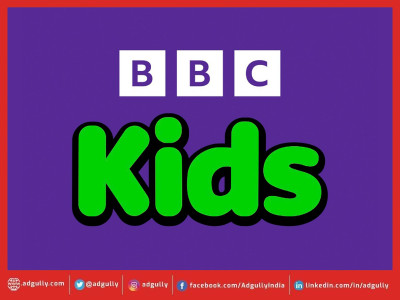


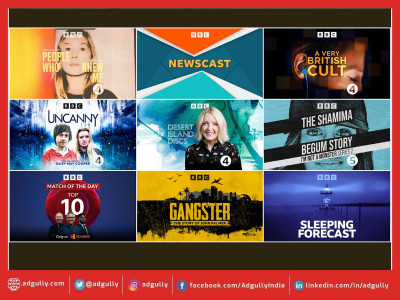

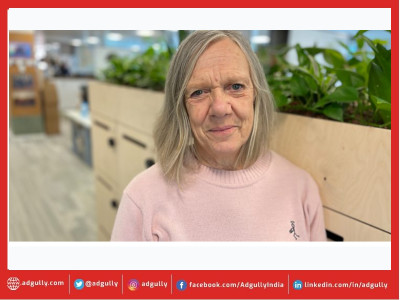
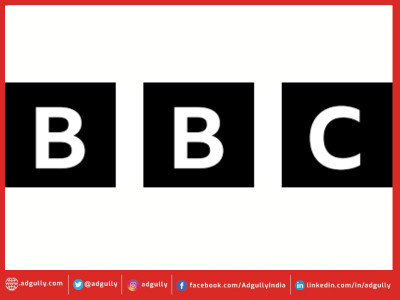



Share
Facebook
YouTube
Tweet
Twitter
LinkedIn